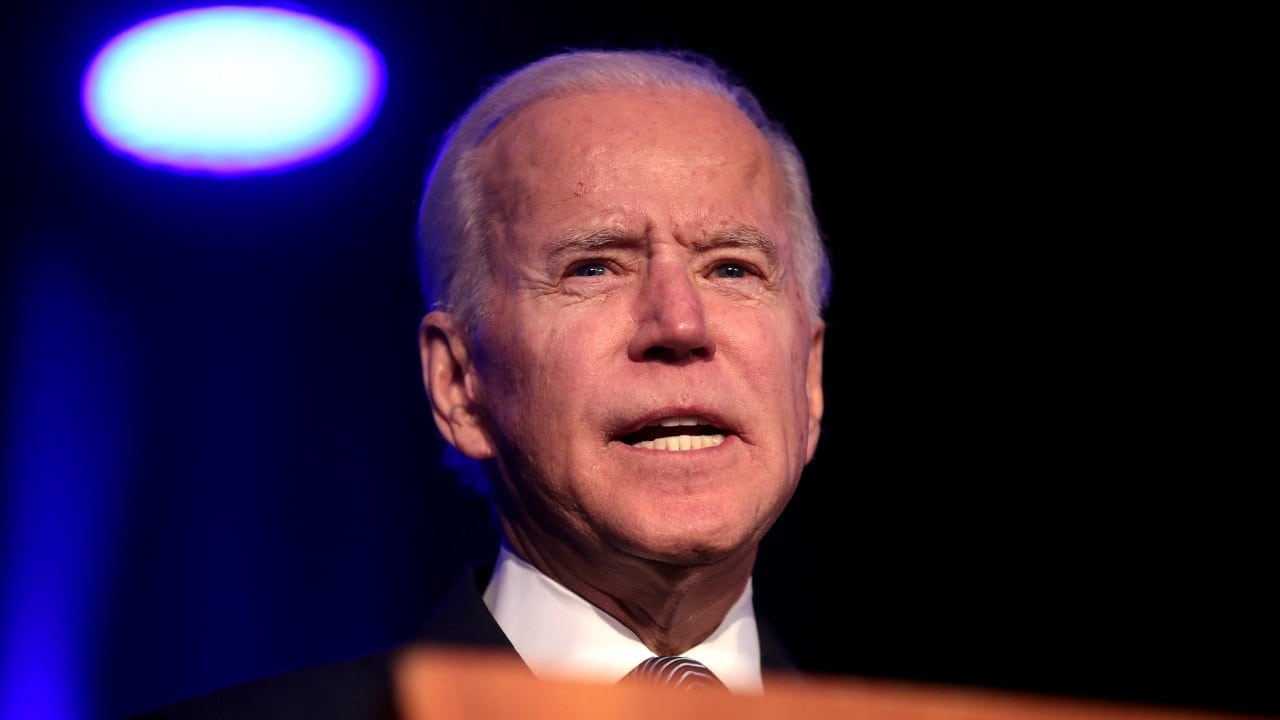President Joe Biden and Israeli Prime Minister Benjamin Netanyahu came together on Wednesday, expressing a shared commitment to advancing a historic agreement aimed at establishing diplomatic ties between Israel and Saudi Arabia.
In their first meeting since Netanyahu’s return to power in December, both leaders displayed a willingness to improve relations while acknowledging existing disagreements. President Biden emphasized the importance of addressing their differences, including opposition to Israel’s controversial judicial overhaul plan and concerns regarding its stance towards Palestinians.
White House Concerns on Democratic System and Peace
A statement released by the White House after the meeting reflected President Biden’s concerns regarding potential alterations to Israel’s democratic system without broad consensus. The statement outlined the President’s call for immediate measures to enhance security and economic conditions, sustain a two-state solution, and facilitate a just and lasting peace between Israelis and Palestinians.
Rather than a meeting at the White House, the leaders chose the U.N. General Assembly as the venue for their discussion, with President Biden inviting Netanyahu for a visit to Washington before the year’s end.
Biden’s Stance on Iran and Two-State Solution: Expert Reactions
Reiterating his commitment to preventing Iran from obtaining nuclear weapons, President Biden affirmed his support for a two-state solution to the Israeli-Palestinian conflict.
However, at the heart of their discussions lay the U.S.-led initiative to foster diplomatic relations between historical adversaries, Israel and Saudi Arabia. This effort forms a vital component of broader negotiations involving U.S. security assurances, civilian nuclear assistance sought by Riyadh, and Israeli concessions to the Palestinians.
“I think that under your leadership, Mr. President, we can forge a historic peace between Israel and Saudi Arabia,” Netanyahu expressed, underscoring the potential impact of such a peace in resolving the Arab-Israeli conflict and promoting peace across the region.
Former NY State Assemblyman Dov Hikind told 19FortyFive amid Wednesday’s talks: “It’s quite obvious that the leaders of Israel and Saudi Arabia have already developed a special relationship based on mutual interests. An earthquake is on the horizon I believe in the very near future.”
Work Towards a Historic Peace
Netanyahu emphasized the possibility of making history together, with President Biden reiterating his commitment to the normalization effort, signaling a willingness to pursue a goal that seemed unattainable in previous years.
A senior Biden administration official acknowledged that concessions to the Palestinians must be a part of any potential deal, but clarified that a normalization agreement is still a significant distance away, requiring substantial efforts and difficult decisions from all involved parties.
Public Reaction and Background
Outside the hotel, a protest against Netanyahu’s policies drew attention, with participants thanking President Biden for supporting Israeli democracy and expressing their concerns about the proposed judicial overhaul.
Netanyahu had anticipated an earlier U.S. visit, given his extensive experience with American presidents and the close alliance between the two nations. However, President Biden’s resistance to an early meeting shifted the dynamics.
The talks were seen as an opportunity for President Biden to brief Netanyahu and gauge Israel’s willingness to engage in what has been labeled a potential transformative agreement with far-reaching implications for the Middle East’s geopolitics.
Despite Israel’s historical hesitancy to make major concessions to the Palestinians, the potential benefits of the Saudi deal, such as diffusing tensions in the Arab-Israeli conflict and bolstering the region against Iran, have driven the leaders to bridge their differences and explore a new chapter in Middle Eastern relations.
Georgia Gilholy is a journalist based in the United Kingdom who has been published in Newsweek, The Times of Israel, and the Spectator. Gilholy writes about international politics, culture, and education.

